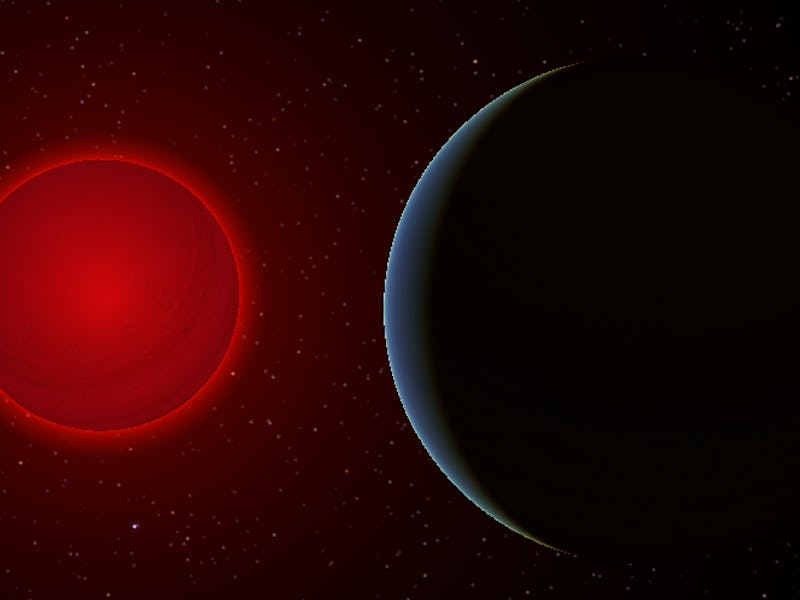Why the Term "Planet" Is a Problematic Word, According to an Astrophysicist
Are they failed stars or overexcited planets?

Self-determination is great, but anyone who says labels don’t matter has never heard of Pluto. In 2006, the International Astronomical Union (IAU) established a formal definition for the word “planet.” The definition included the requirement that the celestial body in question be able to orbit the sun undeterred by the gravity of other objects. In a truly cosmic injustice, Pluto, which is now considered a dwarf planet, didn’t make the cut. Efforts to bring Pluto back into the fold have failed.
You don’t have to be #TeamPluto to think that our working definition of “planet” is insufficient at best, and misleading at worst. For example, one scientist proposed changing the definition in January. Another outspoken critic of our celestial classifications is Jackie Faherty, an astrophysicist at the American Museum of Natural History and guest on the fourth episode of I Need My Space, Inverse’s podcast about all things extraterrestrial.
Speaking to host Rae Paoletta, Faherty talks about how the definition of “planet” could use some work. Faherty’s primary area of study is around “brown dwarfs,” massive space objects that elude definition and bring into focus the problem with our planetary labels.
“The word ‘planet,’ I just want to state openly that [it is] a bad word,” Faherty says. “It’s a word that carries with it so much emotion for people, so it’s very difficult for them to see objects that are in this gray area.”
Some brown dwarfs are firmly in this gray area. They don’t fit neatly into the planet/star dichotomy: while they are more massive than Jupiter, they don’t have enough size to sustain hydrogen fusion, the key attribute of a star.
“At the low-mass end they’re basically planets,” Faherty says. “But because we don’t have a good definition, you get this muddled area of brown dwarfs and planets mixing.”
High-mass brown dwarfs are a bit easier to diagnose, and can be thought of as almost-stars. Add a bit more mass, and they might be lighting up the cosmos. For this reason, scientists have often referred to brown dwarfs as “failed stars.” Faherty disagrees; she thinks they are more like “overexcited planets.”
Check out more from the conversation with Jackie Faherty in the fourth episode of I Need My Space. It’d mean the world to us if you subscribed, rated, and reviewed INMS.